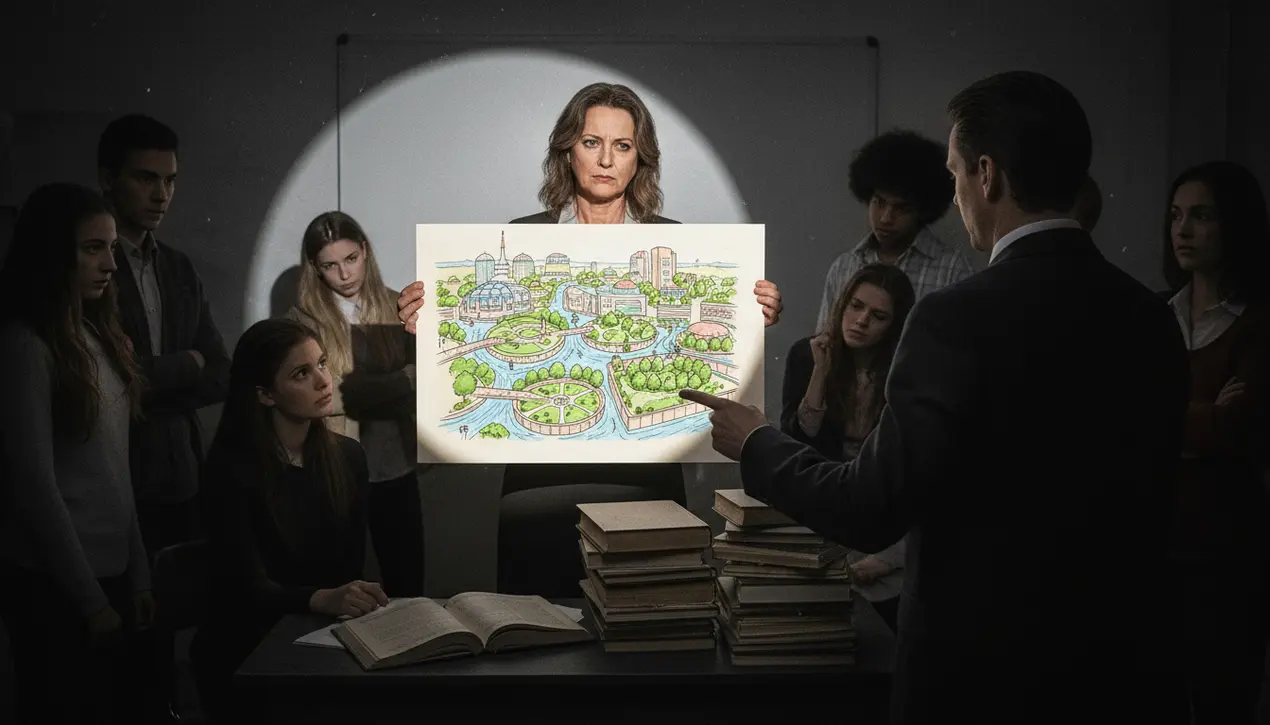
Politicsprotests & movementsMass Demonstrations
How Did We Get Here? Imagining a Better World as a Threat
LA
Laura Bennett
1 day ago7 min read5 comments
It’s a peculiar moment we find ourselves in, isn’t it? I was talking to a friend the other day, a teacher who tries to get her students to imagine a city with more parks and fewer cars, and she told me she was accused of being ‘divisive. ’ Not disruptive, not unrealistic, but divisive.That word stuck with me. Since when did the simple, human act of dreaming up a kinder, fairer, more beautiful world become something to be viewed with such suspicion, as a threat to the established order? It feels like we’ve collectively forgotten that every single social progress we now take for granted—the end of child labor, the right to vote, the very concept of a weekend—began not in a boardroom or a legislative chamber, but in someone’s imagination.Someone dared to picture a reality that did not yet exist, and for their trouble, they were often labeled heretics, troublemakers, or fools. This current climate, where envisioning a better future is framed as a subversive act, speaks to a deep-seated anxiety within our social fabric.It’s a defensive posture, one I’ve observed in people who feel that any critique of the present is a personal indictment of their life’s work or a dangerous unraveling of the fragile stability we cling to. There’s a fear that if we admit things could be radically better, we are simultaneously admitting that the way we’ve been living is somehow wrong or flawed, and that is a psychologically uncomfortable place to be.We build our identities and our sense of security around the world as it is, and the blueprint for a new one can feel like an eviction notice from a home we’ve painstakingly built, even if that home has a crumbling foundation. This isn’t a new phenomenon, of course.Historians will point to Galileo, whose imagination of a heliocentric universe was deemed a direct threat to theological and political power. Or to the suffragettes, whose vision of women participating in democracy was considered a dangerous fantasy that would destroy the family unit.The pattern is clear: the status quo, in any era, equates its own perpetuation with survival, and therefore treats imagination as its mortal enemy. What’s different today is the speed and scale at which these imagined alternatives can circulate, making them feel more immediately potent and, consequently, more threatening to those invested in the current system.The conversation becomes polarized not on the merits of the idea, but on the perceived danger of the act of imagining itself. To move forward, we perhaps need to rediscover the courage of that teacher and countless others, to gently but persistently insist that imagination is not the enemy of reality, but its necessary precursor. It is the foundational human skill that has always pulled us out of the dark and into the light, and treating it as a threat is perhaps the greatest threat of all.
#social commentary
#political climate
#imagination
#dissent
#protest
#featured
Stay Informed. Act Smarter.
Get weekly highlights, major headlines, and expert insights — then put your knowledge to work in our live prediction markets.
Comments
Loading comments...
© 2025 Outpoll Service LTD. All rights reserved.